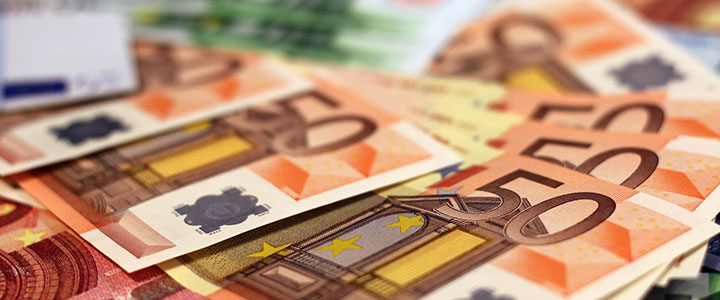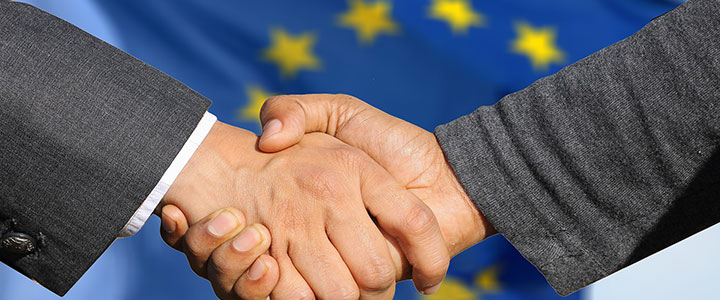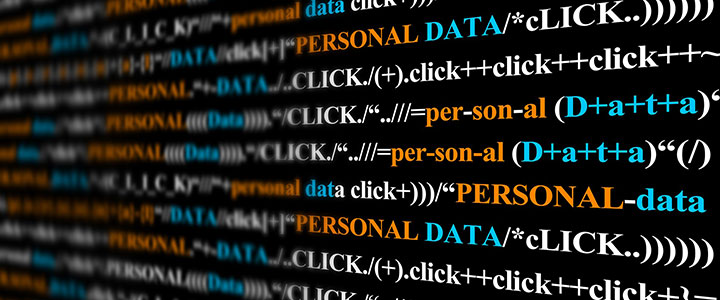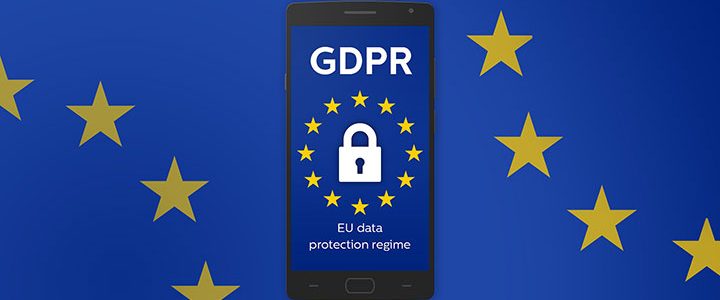We had no choice: Starting in spring 2020, with the global impact of the COVID-19 pandemic, children all over the world continued their schooling via online classes. And it was, in this dramatic context, a solution; undoubtedly, much better than being away from schooling for months and months due to a lack of means and connectivity.
Read moreChildren and algorithms: this is how we opened the door to online monitoring of students during the pandemic










